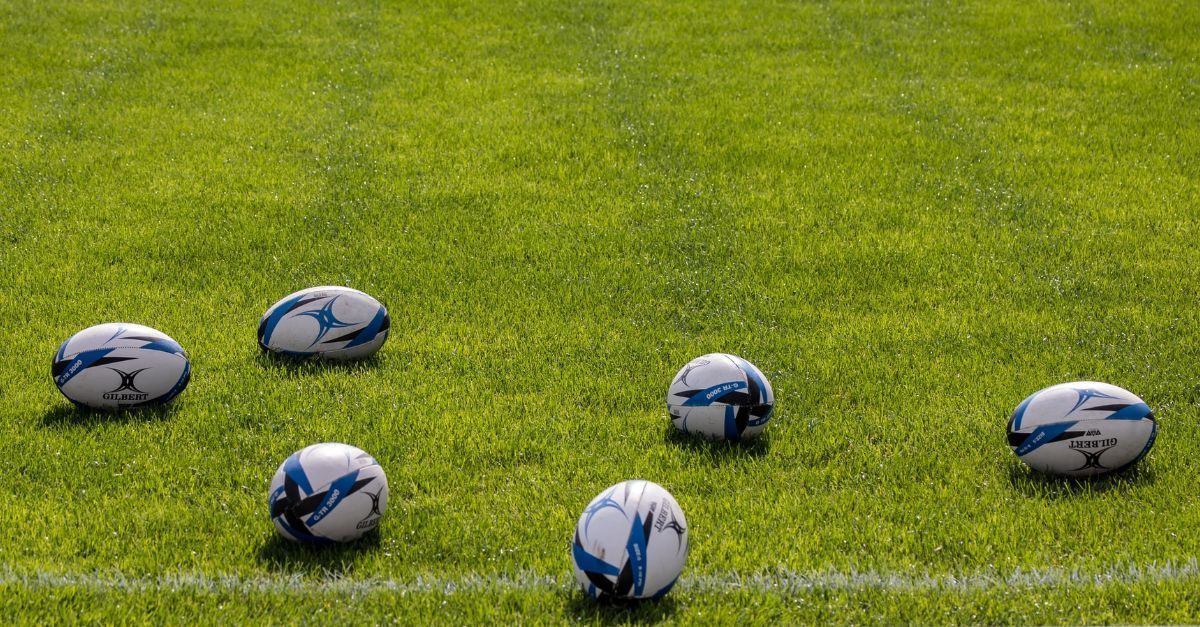Considerations for International Rugby Players: UK Immigration Routes for Athletes and Sporting Professionals
September 14, 2023
By: Alexander Hood, Maria Hutchings
On Saturday, 26 August, the England national rugby union team played its final match of the 2023 Summer Series, which resulted in a shocking outcome: England lost for the first time ever to Fiji.
This exciting game would not have been possible without the appropriate immigration permission for the Fijian players and staff, so what immigration actions would they need to have taken before travelling?
And, with the 2023 Rugby World Cup underway in France, similar considerations for international rugby players participating in the tournament are top-of-mind.
Considerations for rugby players travelling to the UK
Travelling to the UK for a single match can be a complex undertaking that involves immigration considerations for the players, managers, coaches and the entourage of medical and management staff accompanying them.
Within the Fijian team, there may be different visa requirements when travelling to the UK, based on the respective roles and responsibilities of each member. One of the factors to consider is determining the appropriate visa category for everyone on the team, which will often depend on their nationality. Fiji’s head coach, Vernon Anthony Cotter, happens to be a national of New Zealand. He would, therefore, not have required a visa to enter the UK as a visitor to take part in this particular game, but the majority of the Fijian players would have, given Fiji’s place on the UK’s “visa nationals” list.
UK immigration routes for athletes and sporting professionals
In the UK, there are three main immigration routes available to athletes and sports professionals who want to visit or work here in the country: the Sports Visitor visa, the Permitted Paid Engagement visa and the International Sportsperson visa.
If an athlete or sports professional wants to engage in sporting activities in the UK for an extended period (for example, overseas players coming to play for a team in the UK’s Rugby Premiership), obtaining an International Sportsperson visa will be the most appropriate route. This visa requires endorsement from a UK sports governing body and sponsorship from the UK club. However, for sportspersons who are looking to make a single trip to the UK, perhaps for a single professional sporting event, such as the England vs. Fiji rugby game, one of the visitor visas will be more appropriate.
Sports Visit visa
The Fijian team and technical staff members accompanying the team likely consisted of individuals from countries to which different entry requirements apply under UK rules. The Home Office makes this distinction by qualifying individuals as “visa” nationals and “non-visa” nationals. Non-visa nationals can fulfil the requirements for entry as visitors upon arrival in the UK, without needing to apply for a Visitor visa prior to travelling. As New Zealand is not on the visa national list, the head coach will be considered a non-visa national.
Other staff and team members, however, would need to make a formal application for a Sports Visitor visa if they are visa nationals. As discussed, Fiji is on this list, so these players and staff are likely to have applied individually for a Sports Visitor visa before travelling to the UK, even if travelling as part of the team and entourage coming to the UK. This visa will have allowed them to take part in the history-making international at Twickenham.
Permitted Paid Engagement visa
The Permitted Paid Engagement visa is another option that applies to overseas professional sports players. It usually applies where a sportsperson is coming to the UK to take part in a specific event or series of events and is going to be receiving a payment for their appearance at the event (which may not necessarily be the case for the Fijian players who played in this one-off international match).
This enables the sportsperson to stay in the UK for up to one month to take part in the event or tournament. To be eligible for this visa, they must provide evidence proving their status as established sports professionals, such as media coverage awards received and recent participation in sporting events. Additionally, they must receive an invitation from a UK-based sports organization, agent or broadcaster.
Processing times
Processing times are currently around two to three weeks for a visit visa, but there are often priority services available if a faster decision is needed.
It is vital that international sportspeople and their support staff seek professional assistance before travelling to the UK to take part in professional sporting engagements. Careful planning is required to align the commitments of the applicant and their entourage with the sporting calendar, and to ensure the sportsperson holds the appropriate visa for their proposed activities in the UK.
Need to know more?
For questions regarding navigating the UK immigration system and sports-related visa options, please contact Manager Alexander Hood at [email protected] or Trainee Solicitor Maria Hutchings at [email protected].
This blog was published on 14 September 2023, and due to the circumstances, there are frequent changes. To keep up to date with all the latest updates on global immigration, please subscribe to our alerts and follow us on LinkedIn, X, Facebook and Instagram.















